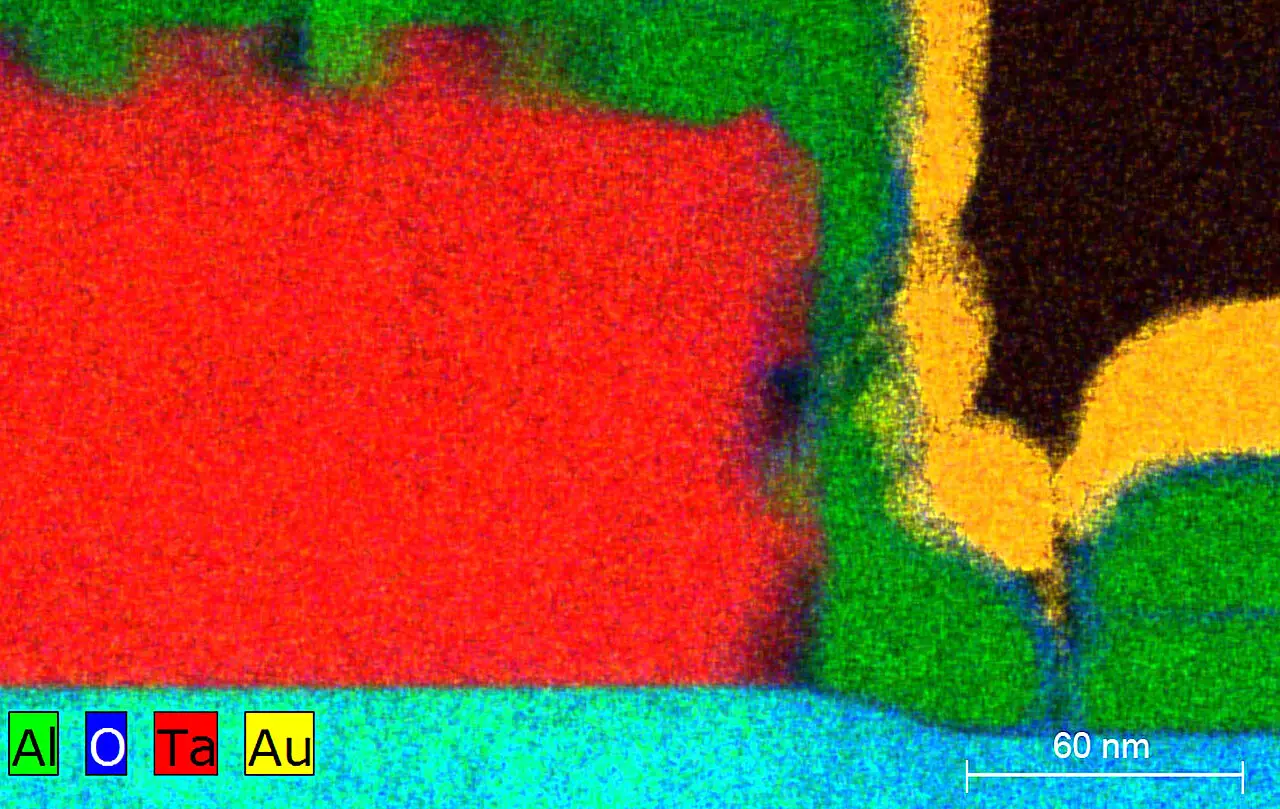Quantum computers have the potential to revolutionize several scientific fields, but one of the main challenges researchers are facing is the loss of energy in qubits, the building blocks of these computers. A recent study conducted by scientists from Yale University and the U.S. Department of Energy’s Brookhaven National Laboratory has developed a systematic approach to understanding how energy is lost from qubit materials, with the goal of improving the performance of quantum computers.
The researchers focused on investigating how different materials used in qubits affect their coherence, or the ability to retain quantum information encoded in them. By studying the interaction of tantalum with air and coating it with magnesium to prevent oxidation, they were able to improve the coherence of qubits. This highlights the importance of understanding the role of material composition in the performance of quantum devices.
The Role of Nanomaterials in Understanding Energy Loss
The Center for Functional Nanomaterials (CFN) at Brookhaven Lab played a crucial role in the study by using advanced electron microscopy techniques to analyze the microscopic structure of qubit materials. By identifying contaminants and defects that contribute to energy loss, CFN scientists helped the researchers gain a deeper understanding of the materials they were working with.
With a comprehensive understanding of the electromagnetic properties of qubit devices and their material composition, the researchers were able to develop an energy loss model that could predict a device’s coherence based on its materials and circuit geometry. By optimizing the circuit geometry using this predictive model, they were able to build a quantum device with a coherence time greater than one millisecond.
The Importance of Collaborative Research
The success of this study highlights the importance of collaboration between qubit design experts and materials scientists in advancing quantum computing. By co-designing materials and algorithms, researchers can achieve quantum computers that outperform classical computers. This integrated approach allows for the identification of the best materials and fabrication processes for optimizing the performance of quantum devices.
The study conducted by scientists from Yale University and Brookhaven National Laboratory represents a significant step forward in the field of quantum computing. By understanding and addressing the sources of energy loss in qubits, researchers are paving the way for the development of more efficient quantum computers that have the potential to revolutionize various scientific fields. Collaboration between experts in qubit design and materials science is essential for achieving further enhancements in qubit coherence and performance.


Leave a Reply